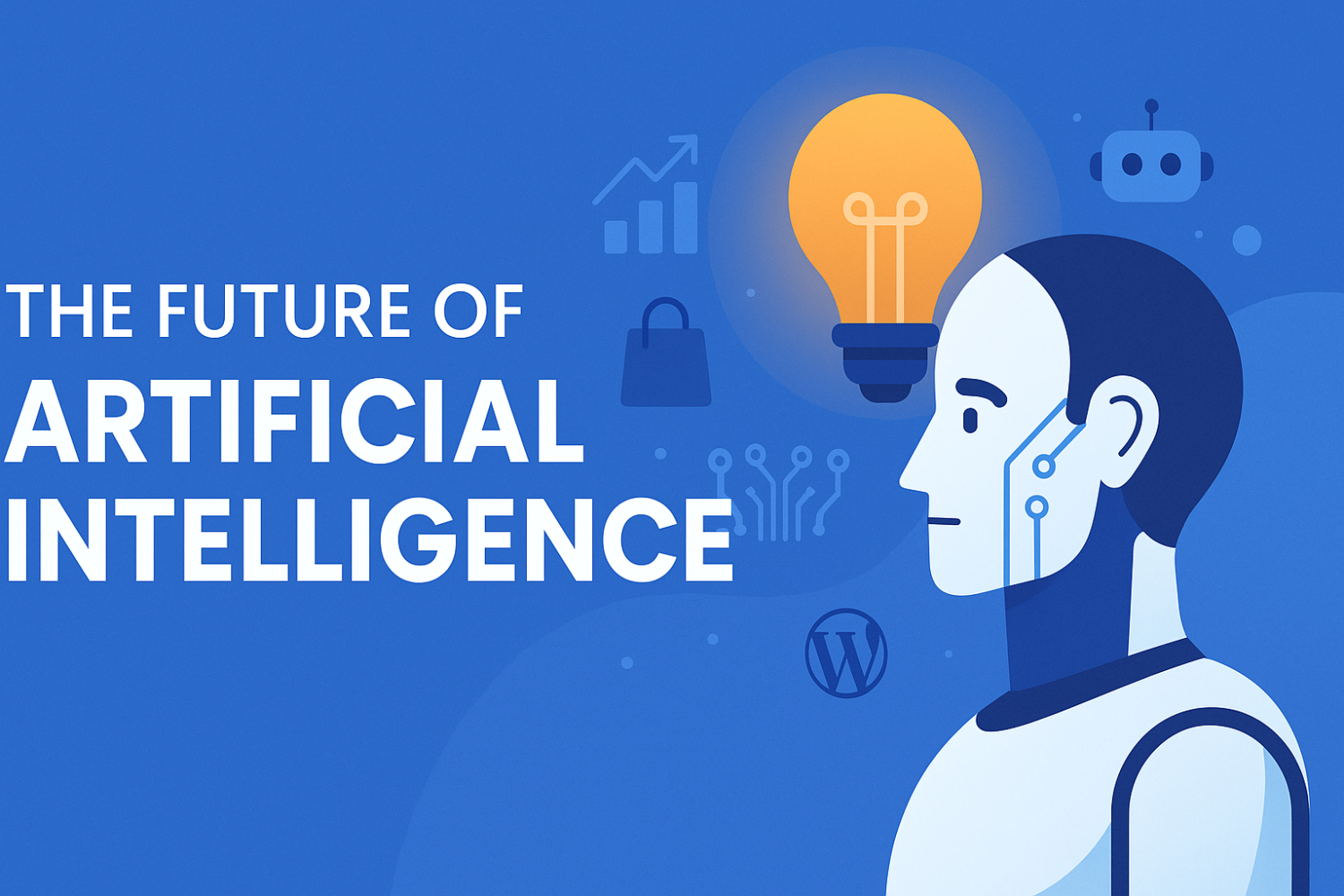Understanding SEO: A Beginner's Guide to Search Engine Optimization

What is SEO?
Search Engine Optimization, commonly referred to as SEO, is a vital process aimed at increasing the visibility of a website in search engine results pages (SERPs). The primary goal of SEO is to enhance the relevance and quality of a website to drive organic traffic, meaning visitors who arrive at the site through unpaid search results. Understanding how SEO works is crucial for anyone looking to enhance their online presence or improve their website's effectiveness.
One of the foundational components of SEO involves the strategic use of keywords. Keywords are specific phrases or terms that potential visitors type into search engines when seeking information. By incorporating relevant keywords into website content, site owners can inform search engines of the site's subject matter, thus improving the chances of ranking higher in search results. This practice ensures that the website appears in front of users actively searching for related topics.
On-page optimization refers to the elements that can be controlled within your website, such as content quality, meta tags, headings, and URL structures. Each of these aspects can contribute to how effectively search engines interpret the content of the site. On the other hand, off-page optimization includes all activities conducted outside of the website that affects its rankings, such as link building and social media engagement. By integrating both on-page and off-page strategies, a comprehensive approach to search engine optimization is achieved.
Finally, the importance of organic search results cannot be overstated. Unlike paid advertisements, organic results are free and often more trusted by users. Therefore, mastering basic SEO tips is essential for beginners interested in improving their website's online visibility. Ultimately, a well-executed SEO strategy not only helps drive traffic but also enhances the overall user experience by providing relevant and high-quality information that meets the needs of search engine users.
How SEO Works
Understanding how SEO works is crucial for anyone looking to improve their online presence. At its core, search engine optimization involves a series of processes that help search engines like Google determine the relevance and authority of web pages. The journey of SEO begins with crawling, where search engine bots systematically explore the internet to collect information about different websites. These bots, often referred to as "spiders," follow hyperlinks from one page to another, gathering data about site content, structure, and connection to other sites.
Once the crawling process is complete, the next step is indexing. During this phase, the gathered data is organized and stored in massive databases, enabling search engines to quickly retrieve relevant information when users perform a search. It's important to ensure that your site's content is index-friendly, meaning it should be easily readable by these bots. This can be achieved through proper site architecture, good use of tags and readable URLs, making it simpler for search engines to index your pages effectively.
Finally, we reach the ranking stage, where search engines use complex algorithms to determine which pages appear in response to a user's query. Factors influencing ranking include the quality and relevance of content, the number and quality of backlinks (external links pointing to your site), and user engagement signals such as click-through rates. To succeed in search engine optimization, it is essential to understand how these components interact. By focusing on high-quality content and optimizing your website’s structure, you can enhance your SEO efforts. The more effectively you implement these practices, the better your chances of achieving higher visibility on search engines. In conclusion, grasping the mechanisms of SEO enables beginners to leverage these tools to their advantage and improve their online visibility.
The Importance of SEO for Websites
Search Engine Optimization (SEO) is a fundamental aspect of online presence that plays a pivotal role in the performance of any website. This practice not only enhances visibility in search engine results but also significantly contributes to attracting and retaining visitors, regardless of the site's purpose or target audience. Understanding what is SEO is crucial for anyone looking to establish or improve their website.
One of the primary benefits of implementing effective SEO strategies is the increase in organic traffic. Websites that rank higher on search engine results pages (SERPs) are more likely to be clicked on by users. For instance, studies have shown that the first organic search result has an average click-through rate of nearly 30%. This starkly contrasts with results on lower pages, illustrating how crucial SEO is for gaining visibility.
Furthermore, search engine optimization enhances the overall user experience. Websites that utilize basic SEO tips, such as optimizing page load times and creating mobile-friendly designs, tend to engage visitors more effectively. A positive user experience leads to lower bounce rates and encourages users to spend longer periods on the site. For example, an e-commerce site that invests in SEO not only designs a visually appealing site but also implements structured data to improve user navigation, resulting in increased sales.
Finally, SEO contributes to the credibility and trustworthiness of a website. Sites appearing on the first page of search results are often perceived as more reliable by users, fostering a sense of confidence. Well-optimized websites tend to attract more backlinks, which further enhances their authority. This synergy between SEO, site credibility, and user trust is vital for long-term business growth and a robust online presence. By comprehensively grasping how SEO works, businesses can make informed decisions that bolster their digital strategies.
Basic SEO Strategies for Beginners
Understanding how SEO works is crucial for anyone looking to improve their website's visibility on search engines. As a beginner, there are several basic SEO strategies you can adopt to enhance your website rankings. One of the most foundational elements of search engine optimization is effective keyword research. This process involves identifying the terms and phrases potential visitors are using to find information related to your content. Utilizing tools like Google Keyword Planner or Ubersuggest can help you discover relevant keywords that align with your target audience's interests.
Once you've identified these keywords, the next step is optimizing your content accordingly. This includes incorporating the selected keywords naturally within your blog posts, page titles, and meta descriptions. Avoiding keyword stuffing is key; instead, aim for a seamless integration of keywords that enhances the readability of your content. Remember, engaging and valuable content is pivotal in retaining users and ensuring they find your site beneficial. Thus, balancing keyword usage with high-quality information is essential for effective SEO for beginners.
Another important strategy involves building backlinks. Backlinks, or links from other websites pointing to your content, act as votes of confidence that can enhance your site's authority and ranking. You can earn backlinks by creating shareable content, engaging in guest blogging, or collaborating with others in your niche. Additionally, focusing on website performance is vital—ensuring that your site loads quickly and is mobile-friendly can improve user experience and, in turn, impact your SEO positively. Implementing these basic SEO tips will set a solid foundation for your search engine optimization journey and ultimately improve your website's visibility. In conclusion, combining these strategies effectively can lead to meaningful results in enhancing your search engine rankings.










